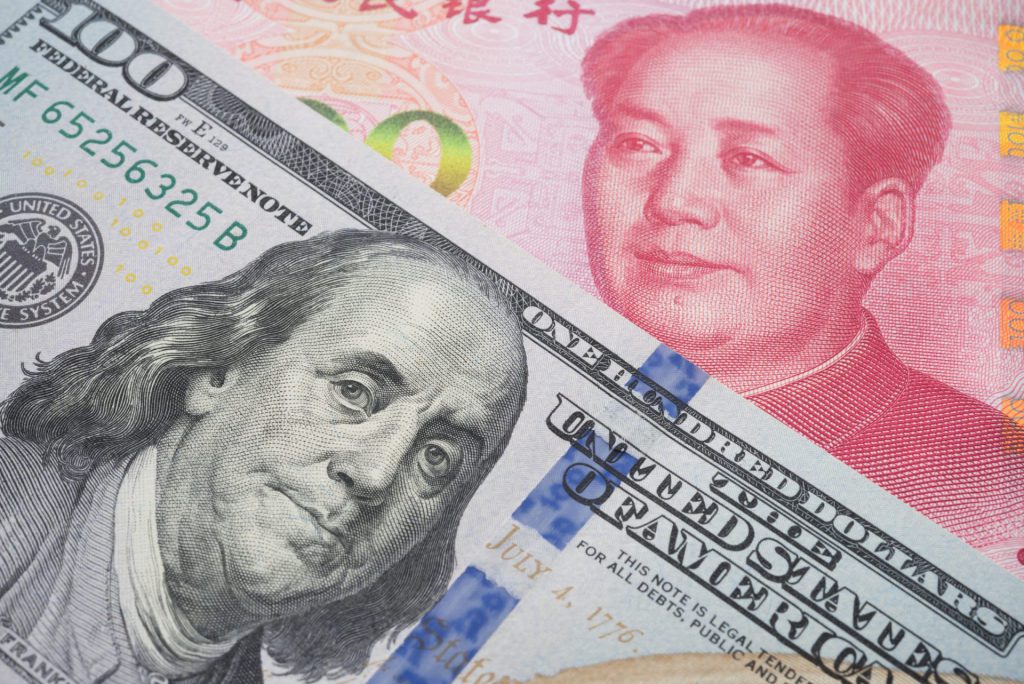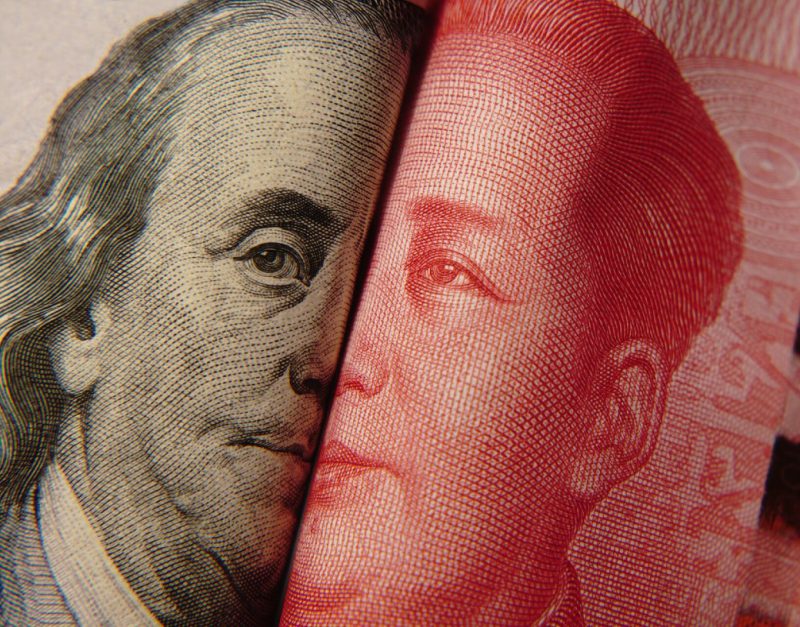Central banks of leading countries are hoarding US dollars and gold and not the Chinese yuan. Reserve bank managers are accumulating the US dollar for its high yields as Chinese yuan interests have declined. The development bolsters the US dollar at a time when BRICS is looking to uproot it as the world’s reserve currency.
Also Read: 97 Countries Prepare To Attend BRICS 2024 in June in Russia
BRICS was using the Chinese yuan ahead of the US dollar for trade among member nations and other developing countries. Now that central banks of various countries are distancing themselves from the yuan, the US dollar is gaining prominence. The high-yielding U.S. dollar is the only currency that outperforms all other local currencies in the market.
BRICS: Central Banks Say ‘Yes’ to the US Dollar & Gold, Say ‘No’ to Chinese Yuan


Recent data published by the Official Monetary and Financial Institutions Forum sheds light that BRICS’ idea of de-dollarization is not working. Central banks of many countries are hoarding the US dollar and gold more than the Chinese yuan. The survey shows that a net 18% of reserve managers intend to increase their US dollar purchases.
Also Read: BRICS: India Could Reject Membership of New Countries in 2024
73 central bank reserve managers said that they plan to increase buying the US dollars in the next 12-24 months. Therefore, the US dollar will see more accumulation in the coming years and not the Chinese yuan. The move derails the BRICS idea of de-dollarization and shows the strength of the US dollar on a global scale.
Reserve managers cited the US dollar’s role in global trade and expected higher returns as the sole reason. The demand for the US dollar among reserve managers is rising and the same is stalling for the Chinese yuan. “This is the first year we’ve seen any meaningful share of reserve managers looking to downscale their renminbi holdings,” said Nikhil Sanghani, the Managing Director of OMFIF Economic and Monetary Policy Institute.
Also Read: U.S. Reacts To BRICS De-Dollarization Agenda
“Lots (of managers) flagged market transparency and geopolitics as some hurdles, and, at least in the near term, quite a few mentioned that it’s simply a returns point – policy rates are low in China and you can earn higher yields in U.S. or European government bonds now,” Sanghani said to Reuters.





